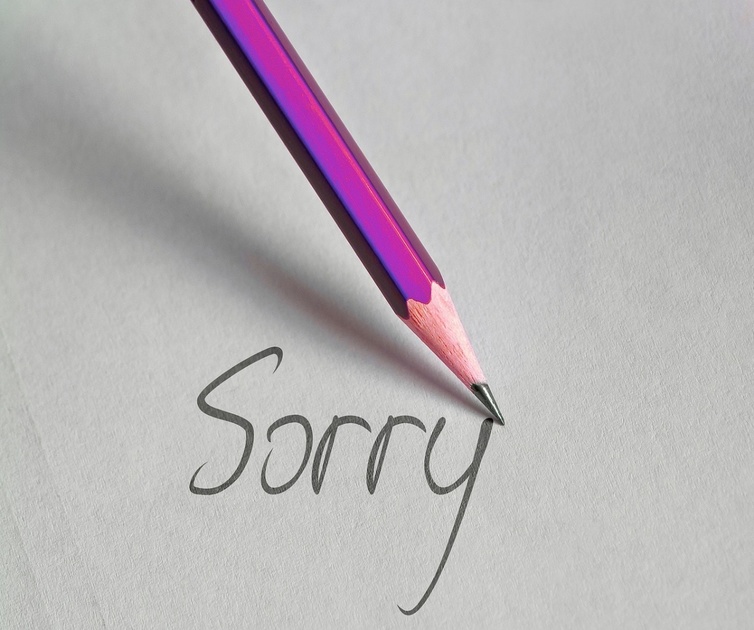
Rosh Hashanah. Part of the high holy days of the year, the Jewish new year, apples and honey, honey cake, and wishes for a sweet New Year.
Noticing this year, myself included, the questions "What it's Rosh Hashana already? I'm not feeling it, how can that be?" School started and within a week, 2 weeks for some, the holiday is here. No warning, it's here. Clarifying, there were warnings, the Jewish calendar, blowing of the shofar, supermarkets filling, and grape juice on sale. They are all external cues.
Internal cues, these are very different. Entering stage right, calmness. It can create a quiet solitude to enjoy the joys of the holiday: family, friends, good food, new clothes, and smiles. Entering stage left, unsettling, even slight anxiety: did I do good this year? Did I create enemies, did I hurt anyone, did someone hurt me? The inevitable questions and the phone calls from family, friends and frenemies asking forgiveness; some who you probably don't even hear from all year.
Forgiveness, let's focus on this. Someone does something bad, a child, you tell the child to say they are sorry. As time goes by and the child ages, we still say it, but not as frequently. We let them figure it out among each other. Fast forward, adults, why do we say sorry by the new year? Why not as it happens? A week, maybe 2 goes by, why do we let it sit and fester until the new year? Why shouldn't the forgiveness happen then? Internally, our embarrassment and shame to apologize when the hurt happens, makes the thought of apologizing uncomfortable. We push it aside and hope the hurt and or forgiveness will dull with time and then erev Rosh Hashana, we do the obligatory asking of forgiveness. The saying is that time heals, but does it?
Think about ourselves, forgiveness of our doings to ourselves. We can disagree or agree to disagree that we are all our own critics. We critique what we say, usually face palming and exclaiming, "What an idiot, why did I [fill in the blank]?" or I am so [fill in the blank]. Judgement after judgement. We don't call ourselves up erev Rosh Hashana to ask ourselves forgiveness nor admit our wrong doings to ourselves during the year. But maybe we should, maybe we should be a little more forgiving to ourselves. Externally and internally. I'll start, possibly helping my internal Rosh Hashana having less anxiety and more quiet.
Dear Self,
I have treated you poorly this year. I have critiqued what has been said, what I really should have said, and even cringed. I happen to hate when I do things and I should have done something else. I need to be more respectful of you, you are indeed my within. You are good, and innately mean well, and I appreciate it. Unwelcoming thoughts of judgement, I will admit to try this coming year to decrease those thoughts. I hope this year will be more restful for you.
Sincerely yours.
Have you forgiven your internal self?
Aliza (Loren) Berkovics, LMSW
